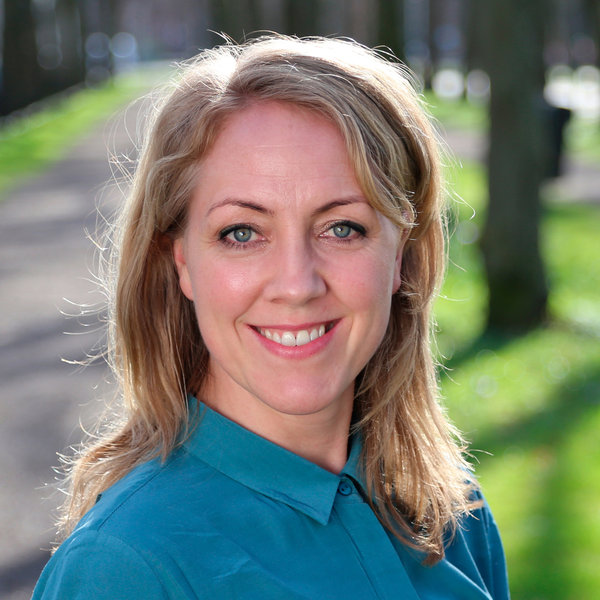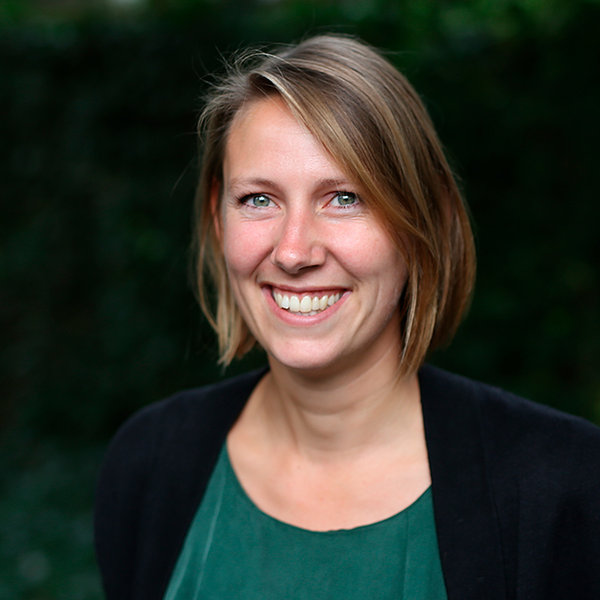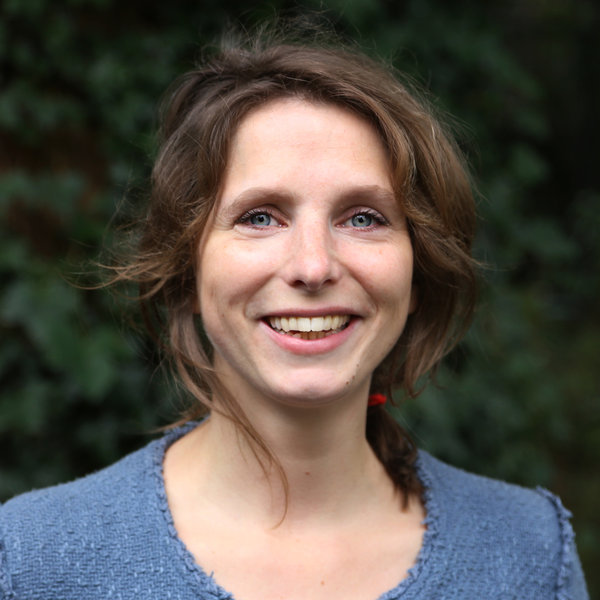Cette page n'est pas disponible en français - Vue en Néerlandais:
Yes! We are in New York City! As New York first (or second or third)-timers we need some time to adjust to the city. So we took the weekend to explore the city, find our way in (and out) our neighbourhood, learn how transportation works, and observe how the New Yorkers do.
Things we learned our first day in Manhattan:
- New Yorkers mistake us for Russians. They think we speak German.
- An elevator entrance is necessary to feel like living in a movie - when leaving the elevator you immediately enter the living room of our Spring Street home. That feels exciting and very American. But is much less fun when your landlord suddenly steps into the room, without knocking, ringing a bell or announcing his approach in any other way. It also leads to awkward moments when saying goodbye: you’ve done your kissing or hugging, wished someone a happy day and then there are these last uncomfortable seconds while waiting for the elevator to arrive… Or the other way around: knowing that it takes some time for the elevator to come up, you start up a last small-talk conversation when suddenly the doors open and your guest steps in, rushing off the conversation, both ending up saying goodbye through closed elevator doors.
- We suspect a hidden reward culture. The personal assistances in stores appear to be driven by gratuities. They specifically mention their name (“So I’m Eliania, and you can just call me if you need any more help”) and at checkout the cashier friendly asks if there was “anyone that helped you in particular”. When I (Suzanne) enthusiastically responded that Marloes really helped me out with this great yellow sweater, Marloes didn’t get any discount at all.
- In restaurants the first ten to thirty minutes the service is the best. To be precise, service is the best right before you have placed your order. Their next level of service is aimed at making you feel a tiresome customer when ordering any additional coffee or drinks after dinner.
- While we had lunch in this nice restaurant in Brooklyn Suzanne was recommended by a local to have the roasted chicken and syrup-waffles. She doubted but dared to try. And how rewarding: she now knows, solely, what a great rad combination that is!
- Although you might not feel your jetlag, it can certainly be there (we (Marloes en Suzanne) are writing this blogpost at 5AM, after having been awake for hour). But, no misunderstandings: there is absolutely nothing unpleasant about this jetlag, it enables us just to enjoy the city longer. Very rewarding too.
- One of our hypotheses is that organizations change one conversation at a time - that hypothesis assumes change moves through an organisation conversation by conversation, rather than by an announcement from the top. Financial change, on the contrary, stays unnoticed. We have visited store after store, and restaurant after restaurant, and our dollars are still safe in our wallets. Credit cards rule. We might need a clear announcement from the top on our current financial status…
- Originally, we planned to do this study-trip with two male colleagues: Luc and Martijn. They both had to cancel. We definitely think that Luc and Martijn would not have been able to keep up with our pace buying shoes, chatting, being a tourist and dressing up for dinner.
This weblog is part of series of blogs. At this moment, Mara Spruyt, Joeri Kabalt, Suzanne Verdonschot, Marloes de Jong and Lieve Scheepers visit the US. During this study tour we visit various organizations and scholars to learn more about the way organizational conversations contribute to change. We are conducting this research in cooperation with Nancy Dixon, a US researcher who studies and writes about collective sensemaking (nancydixonblog.com) in organizations. In this series of blogs we share our experiences.


